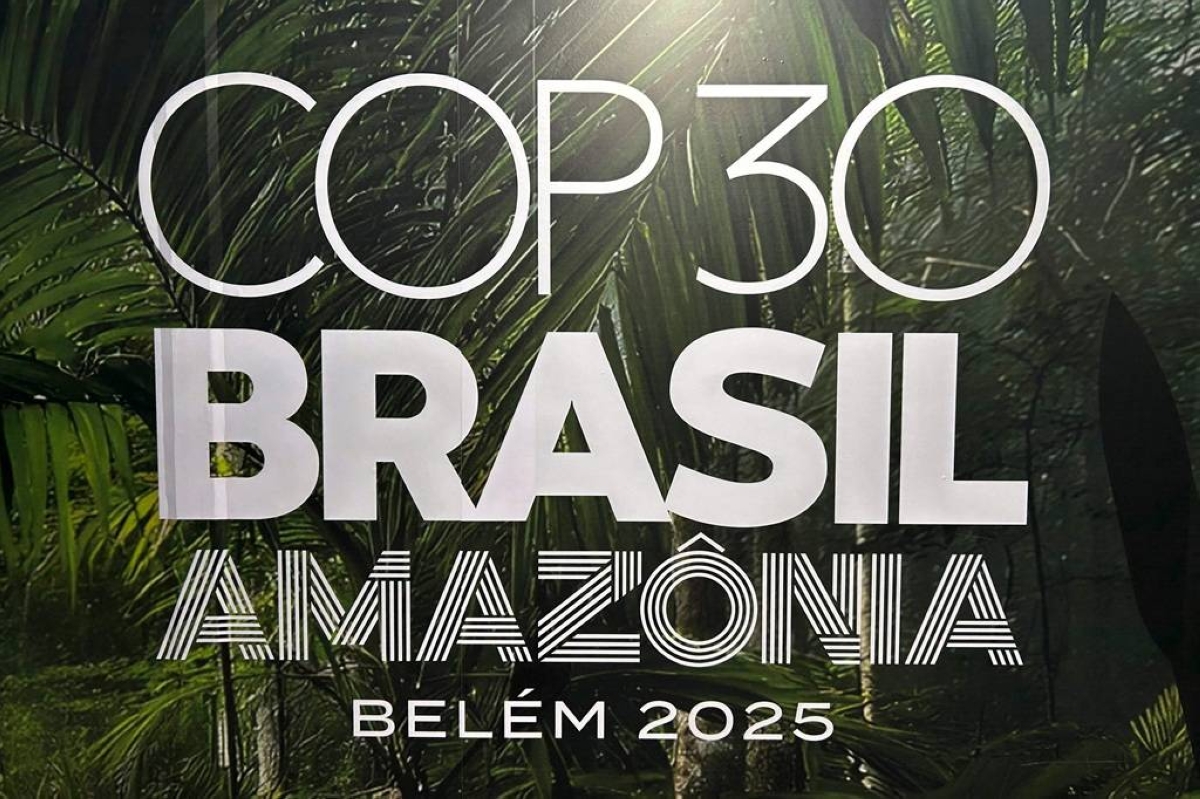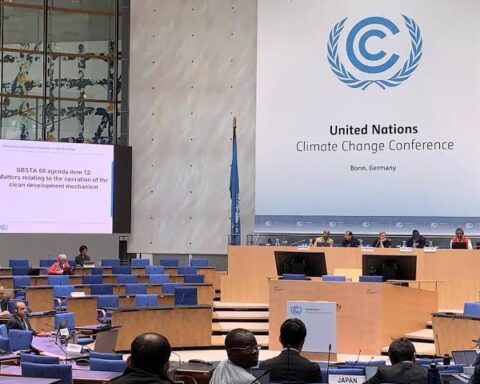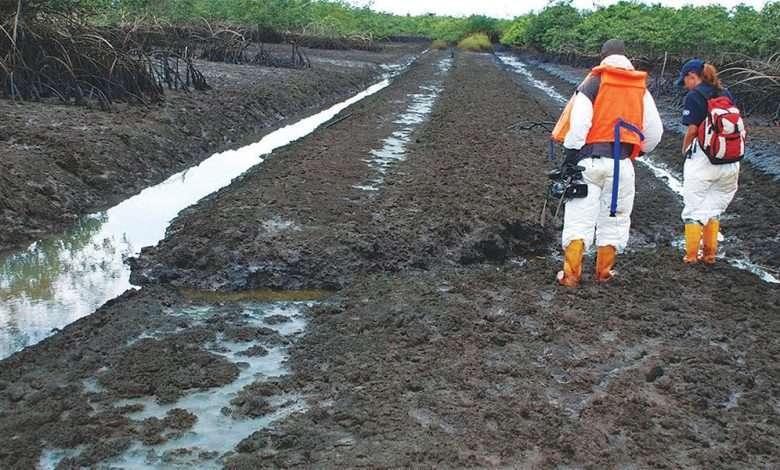Despite global urgency over the worsening climate crisis, only 64 countries have submitted updated plans to cut carbon emissions ahead of next month’s COP30 Climate Summit in Belém, Brazil, according to a new United Nations report.
The UN assessment reveals that while the new national pledges represent some progress, the collective efforts fall far short of limiting global temperature rise to 1.5°C a key threshold scientists warn could lead to catastrophic climate impacts.
The Nationally Determined Contributions (NDCs) are central to the 2015 Paris Agreement, under which all signatory nations committed to submitting new or enhanced carbon-cutting plans every five years.
However, the UN report indicates that less than one-third of global emitters representing about 30% of global emissions met the requirement this year, despite repeated deadline extensions.
“This report shows that we are going in the right direction but too slowly,” said Laurence Tubiana, CEO of the European Climate Foundation and one of the architects of the Paris Agreement.
“It is essential to acknowledge the missing national pledges and confront the persistent gap between ambition and actual implementation.”
According to the report, the combined pledges from the 64 countries, alongside new commitments announced by China and the European Union during Climate Week in New York, would result in just a 10% reduction in carbon dioxide emissions by 2035.
Scientists warn that this reduction is far below the 57% cut required by 2035 to keep global warming below 1.5°C the limit considered critical to avoiding the worst effects of climate change, including extreme heat waves, destructive storms, and irreversible damage to coral reefs and ecosystems.
The report comes exactly a decade after the Paris Climate Accord, underscoring the widening gap between climate promises and real-world progress.
As world leaders prepare to converge in Belém, northern Brazil, for COP30, the UN is urging nations to ramp up ambition and accelerate decarbonization efforts across energy, transport, and industry sectors.
The organization warns that if current trends continue, the 1.5°C limit could be permanently breached by the early 2030s a development that could push millions into poverty, worsen food insecurity, and intensify climate-induced migration.
The 2024 global temperature already exceeded the 1.5°C threshold for an entire year for the first time on record, signaling a dangerous new phase in the global climate crisis.
Analysts say that the limited response to the UN’s call for updated NDCs reflects political inertia, competing economic pressures, and limited financing for developing nations.
The upcoming COP30 is expected to focus heavily on climate finance, adaptation, and just energy transition, especially for Global South countries like Nigeria that are grappling with worsening droughts, flooding, and energy poverty.
By Dare Akogun








